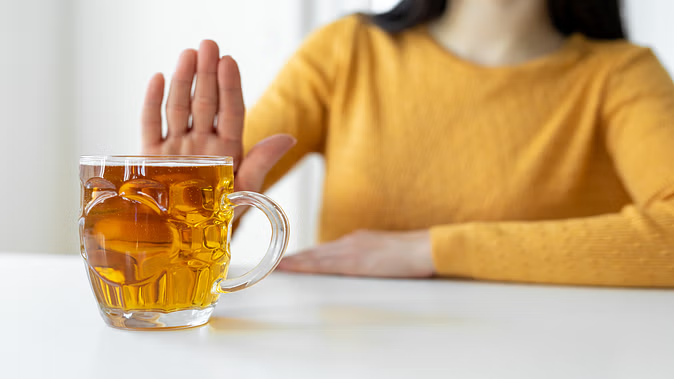There are several companies that make special Viagra for women. These Viagra include sildenafil (Viagra, Licarev, Revatio), tadalafil (Cialis, Adcirca, Elliq) and vardenafil.

Source : ABPLIVE AI
Viagra is often touted as a treatment for erectile dysfunction as well as for sexual dysfunction in women. But the U.S. Food and Drug Administration (FDA) has not approved the use of Viagra. No drug was approved by the FDA to treat problems with sexual arousal or sexual desire that many women experience in the past. Yet sexual concerns are reported to affect 4 out of 10 women. The FDA has now approved two drugs.
These drugs are often used
The FDA has approved a daily pill called flibanserin (DDD) for the treatment of low sexual desire in women before menopause. This drug was initially used to treat depression. EDDI creates excitement in women with low sexual desire. Viagra is very good for those women who suffer from weakness.
These medicines have side effects
It is often said about these medicines that they can cause many side effects. Such as high blood pressure, dizziness, headache and headache. But a special advice has been given regarding this that women who take this medicine should not drink alcohol because then it can prove to be dangerous for the body. FDA says that if you take this medicine then do not drink alcohol. Experts advise that if you are feeling weak even after eight weeks then you should stop the medicine.
The FDA has also approved a drug given as a shot to treat low sexual desire in premenopausal women. Bremelanotide (Vyleesi) is injected subcutaneously into the abdomen or legs at least 45 minutes before intimacy. It should not be used more than once a day or more than eight times a month. Side effects can include nausea, headache, vomiting, and reactions at the site of the shot. Talk to your healthcare professional about whether this medication may be right for you.
Many women are affected by sexual response. Sexual problems may be due to a lack of desire, or both. Many factors can affect sexual desire in women. For example, many women feel that the stress of everyday life affects their personal life.
Triggers in desire may be associated with the beginning or end of a relationship or major life transitions such as pregnancy or menopause. For some women, accessing contact may be difficult. This can lead to anxiety that can make you lose interest in intimacy. Desire is often linked to a sense of closeness between partners as well as past sexual problems.
Disclaimer: Some of the information given in the news is based on media reports. Before implementing any suggestion, please consult the concerned expert.










